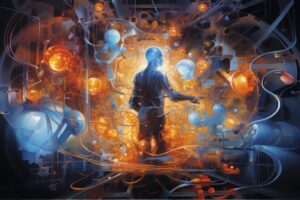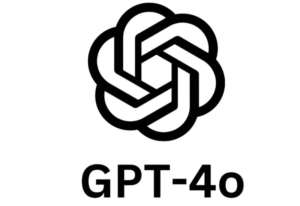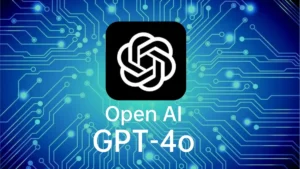The Impact of Artificial Intelligence on Modern Learning Techniques
Artificial intelligence has become a major technology of our time. Various spheres of life, including education, have been deeply transformed. In this guide, we are going to explore the impact of artificial intelligence on modern learning techniques.
These techniques are used by the teachers and the students as well. Artificial intelligence is a revolution of the modern time and when used in education it expanded the opportunities. So for now let’s jump in the article to see the modern learning techniques by using AI.
The Impact of Artificial Intelligence on Modern Learning Techniques
Here are some of the impacts of artificial intelligence on modern learning techniques
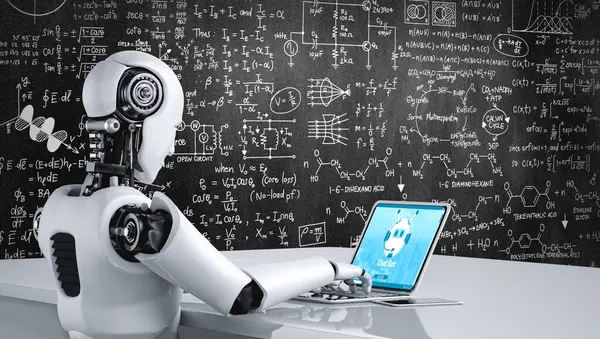
New Horizons in Education
One such horizon is the creation of adaptive learning systems. These systems automatically adjust to each student’s needs and abilities. AI in education allows the analysis of large amounts of data. It helps to understand individual student needs and develops personalized learning approaches.
With the rapid development of online education, there is a need for additional tools. Those can provide students with quality and, most importantly, prompt assistance. In particular, many students, looking for help, enter the queries and do my assignment for me, hoping for online help and professional assistance in writing papers.
Various services offer writing services for assignments and essays, but it is crucial not to make a mistake with the choice. Hence, it is worth paying attention to the reliable and reputable EduBirdie service. This particular service offers the assistance of reputable writers and experts in their field who will provide professional help and deliver the paper on time and with the proper level of structure, content, and grammar.
New Learning Techniques
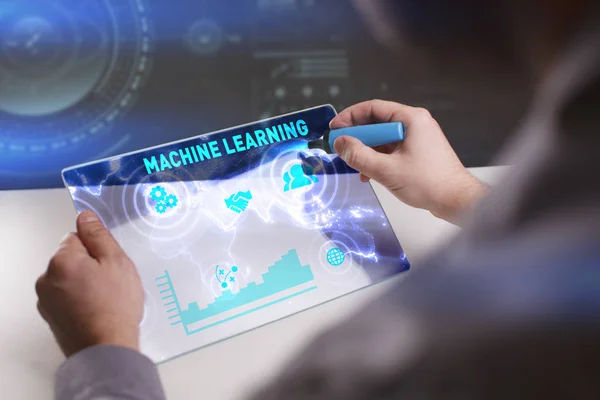
Artificial intelligence is radically changing the learning techniques that were previously used to teach. New approaches are gradually complementing traditional methods. They include interactive elements. In particular, AI-based platforms and virtual tutors. Using AI, it is possible to create training programs that will be constantly updated based on data on:
- students’ progress.
- their mistakes.
- successes.
All of this allows for an individualized approach to each student and more efficient control over the quality of education.
Modern platforms are a great example of how artificial intelligence can be used to develop creative thinking in students. In particular, this is manifested by using Chat GPT. It allows you to:
- quickly find answers to complex questions,
- create content,
- offer new ideas for projects.
Learning with the use of such technologies:
- increases student motivation,
- ü makes the process of acquiring knowledge more exciting and interactive.
The popularity of online learning also stimulates the need to write small papers, and they are even becoming an important part of educational programs. In particular, 100 word essay, namely tasks that help students concentrate on expressing their thoughts clearly, thus developing concise writing skills.
Such essays can be used by institutions as part of entrance exams or to assess critical thinking skills. AI-based technologies can help students analyze this type of work by providing prompt feedback.
Adaptive Technologies
Adaptive learning systems analyze information about each learner to understand their needs and adapt learning materials to be most effective for a particular individual. Thanks to such technologies, learning platforms offer individualized training programs. The latter takes into account not only the academic level of the student but also his or her psychological characteristics.
Adaptive learning systems also use machine learning algorithms. This is done to analyze student performance and make prompt adjustments to the educational process. Thus, curricula begin to meet the current needs of the student. They also provide the necessary support in achieving student goals.
AI also allows you to analyze large amounts of information quickly and efficiently. This is a key element in the development of innovative teaching methods.
Artificial Intelligence and Ethics
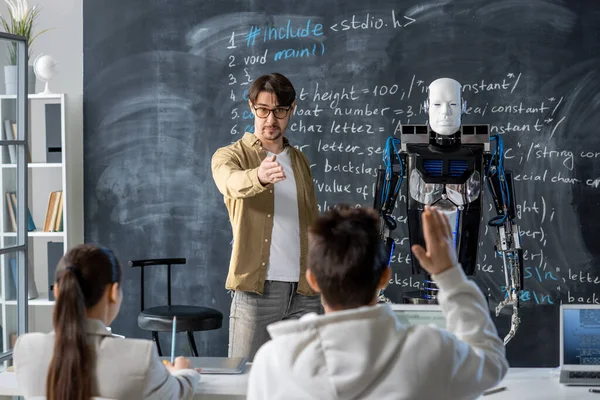
Although artificial intelligence opens up new opportunities, there are several ethical challenges. They should be taken into account.
- The issue of student data privacy: The use of algorithms that analyze student behavior raises concerns about how this data will be stored and used.
- Technology cannot completely replace the human factor in learning: Teachers remain important mentors. They provide emotional support and help develop not only academic but also social skills.
- Equal access to technology. Not all students have equal opportunities: This can widen the gap in the quality of education between different groups. Therefore, the development of technology must be accompanied by policies that ensure equal access to modern learning methods for all.
Conclusion
Artificial intelligence has a significant impact on learning approaches, changing and opening up new opportunities. With the use of AI in education, educators create personalized curricula, adapting them to the needs of each student. Additionally, This makes the learning process more efficient. Along with positive changes, new challenges are certainly emerging. Therefore, the implementation of AI in education should be balanced, considering all possible risks and benefits.

